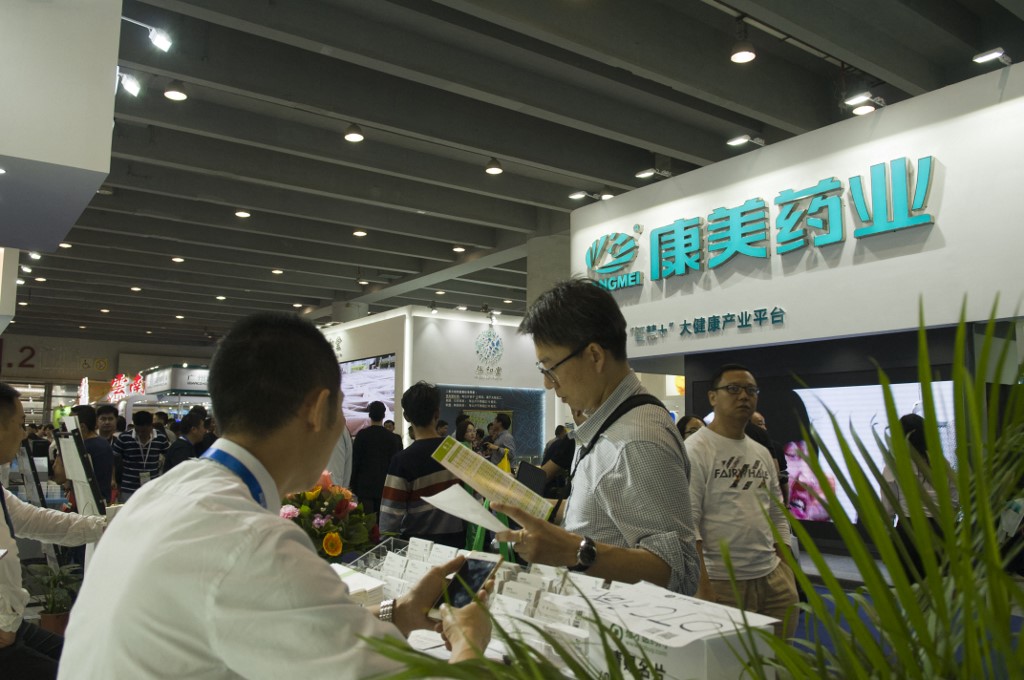(ATF) A court in Guangzhou in southern China has accepted the country’s first class-action lawsuit filed by a government- affiliated body against Kangmei Pharmaceutical Co over fraud allegations, as the country vows ‘zero tolerance’ against accounting fraud and other capital markets ‘tumours’.
The China Securities Investor Service Centre (CSISC) has sued Kangmei on behalf of more than 50 individual investors in a landmark case in China’s capital markets, the China Securities Regulatory Commission (CSRC) said.
Kangmei is alleged to have engaged in intentional and systematic financial cheating worth 30 billion yuan ($4.6 billion) between 2016 and 2018, according to the regulator, which said “toxic tumours” in capital markets must be eradicated swiftly, and relentlessly.
China introduced the class-action mechanism to capital markets last year as part of efforts to crack down on corporate malfeasance and bolster investor confidence.
Officials want its army of mom-and-pop investors to take corporate fraudsters to task with landmark class action suits, following a series of scandals and official vows to crack down on corporate fraud to deepen and improve capital markets in China, where 80% of trading is conducted by retail investors.
Under the new class-action mechanism, which began on July 31, the CSISC is empowered to sue on behalf of all individual investors in a company, with the objective of providing a low-cost claims channel for small and medium volume investors.
The CSISC says it would initially aim for “typical, major cases with wicked social impact and exemplary significance”.
‘Opt-Out’ regime ends
Although corporate fraud is not uncommon in China, retail investors have historically had little chance to make their voices heard.
China’s previous mechanism adopted the “opt-in” legal regime for securities class actions, which meant that an investor could only file a lawsuit when a People’s Court issued an announcement following an appeal by an investor with the People’s Court.
Small investors often compared that system to ants fighting elephants because cases under that set-up typically failed to catch courts’ attention, while compensation was often negligible, even for major fraud.
Even with the new framework, class-action lawsuits won’t be used as extensively in China, as they are in the US, activist investors say.
The new litigation process requires either the courts or a regulator to establish that a company has broken the rules, or the company admitting wrongdoing, before launching a class-action lawsuit.
In addition, class-action suits launched by individuals, not the CSISC, can only include investors who opt in, reducing the number of plaintiffs and the size of the claim.
Still, the CSRC said on Friday that the new class action mechanism would greatly reduce investors’ cost of suing listed companies and help reduce malpractices in China’s capital market.
With reporting by Reuters.
























